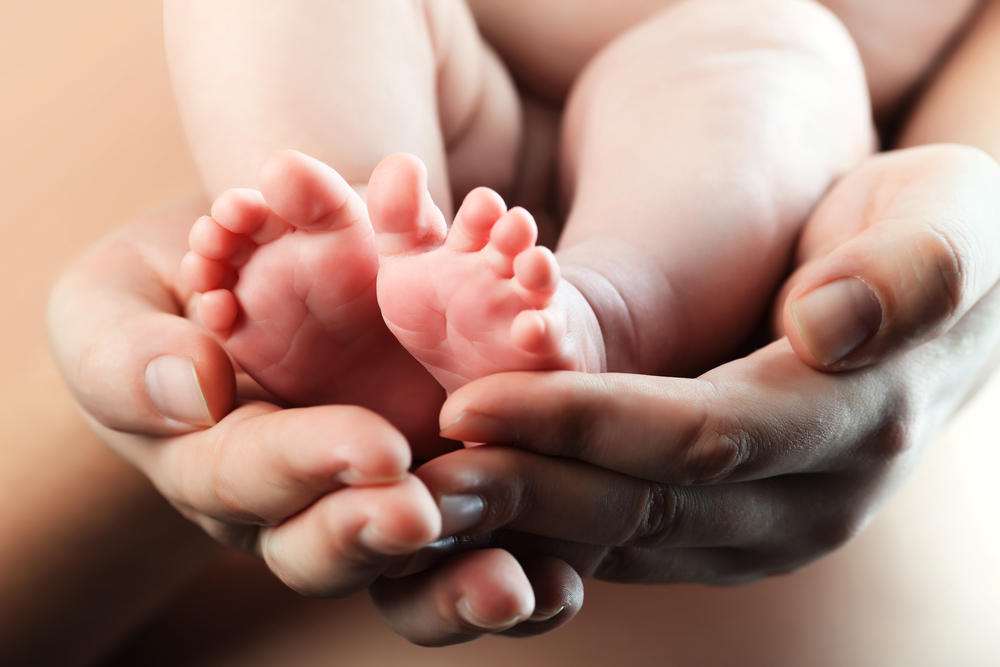Infertility: A Common Issue – More Than 1 Million Cases Per Year In India
What is Infertility ?
Infertility is defined as not being able to get pregnant (conceive) after one year of unprotected sex. Women who do not have regular menstrual cycles, or are older than 35 years and have not conceived during a 6-month period of trying, should consider making an appointment with a reproductive endocrinologist – an infertility specialist. These doctors may also be able to help women with recurrent pregnancy loss – 2 or more spontaneous misscarriages.
Eat various kinds of Dryfruits
Pregnancy is the result of a process that has many steps.
To Get Pregnant
- A woman’s body must release an egg from one of her ovaries (ovulation).
- A man’s sperm must join with the egg along the way (fertilize).
- The fertilized egg must go through a fallopian tube to-ward the uterus (womb).
- The fertilized egg must attach to the inside of the uterus (implantation).
It may result from a problem with any or several of these steps.
Impaired fecundity is a condition related to it and refers to women who have difficulty getting pregnant or carrying a pregnancy to term.
Causes in Men
In men it can be caused by different factors and is typically evaluated by a semen analysis. A specialist will evaluate the number of sperm (concentration), motility (movement), and morphology (shape). A slightly abnormal semen analysis does not mean that a man is necessarily infertile. Instead, a semen analysis helps determine if and how male factors are contributing to it.
Conditions that can contribute to abnormal semen analyses include:
- Varicoceles, a condition in which the veins on a man’s testicles are large and cause them to overheat. The heat may affect the number or shape of the sperm.
- Medical conditions or exposures such as diabetes, cys-tic fibrosis, trauma, infection, testicular failure, or treat-ment with chemotherapy or radiation.
- Unhealthy habits such as heavy alcohol use, testoster-one supplementation, smoking, anabolic steroid use, and illicit drug use.
- Environmental toxins including exposure to pesticides and lead.
Get premium quality nuts here
Causes in Women
Women need functioning ovaries, fallopian tubes, and a uterus to get pregnant. Conditions affecting any one of these organs can contribute to female infertility. Some of these conditions are listed below and can be evaluated using a number of different tests.
- Ovarian Function (presence or absence of ovulation and effects of ovarian “age”)
- Tubal Patency (whether fallopian tubes are open, blocked, or swollen)
- Uterine Contour (physical characteristics of the uterus)
What things increase a Woman’s risk of Infertility ?
Female fertility is known to decline with:
- Age: Many women are waiting until their 30s and 40s to have children. About one-third of couples in which the woman is older than 35 years have fertility problems. Aging not only decreases a woman’s chances of having a baby but also increases her chances of miscarriage and of having a child with a genetic abnormality.
Edible seeds are an essential nutrient for reproduction, especially pumkin seeds
Ageing decreases a Woman’s chances of having a baby in the following ways:
- Ovaries become less able to release eggs.
- Smaller number of eggs left.
- Eggs are not as healthy.
- More likely to have health conditions that can cause fertility problems.
- Likely to have a miscarriage.
- Smoking.
- Excessive alcohol use.
- Extreme weight gain or loss.
- Excessive physical or emotional stress that results in amenorrhea (absent periods).
How long should women try to get pregnant before calling their doctors?
Most experts suggest at least one year for women younger than age 35. However, women aged 35 years or older should see a health care provider after 6 months of trying unsuccessfully. A woman’s chances of having a baby decrease rapidly every year after the age of 30.
Some health problems also increase the risk of infertility. So, women should talk to a health care provider if they have:
- Irregular periods or no menstrual periods.
- Very painful periods.
- Endometriosis
- Pelvic inflammatory disease.
- More than one miscarriage.
It is a good idea for any woman and her partner to talk to a health care provider before trying to get pregnant. They can help you get your body ready for a healthy baby, and can also answer questions on fertility and give tips on conceiving.
Try out Nutri Sprout here
How do doctors treat Infertility ?
Infertility can be treated with medicine, surgery, ibtra-uter-ine insemination or assisted reproductive technology. Many times these treatments are combined. Doctors recommend specific treatments for infertility based on:
- The factors contributing to the infertility.
- The duration of the infertility.
- The age of the female.
- The couple’s treatment preference after counseling about success rates, risks, and benefits of each treatment option.
What are some of the specific treatments for male Infertility?
Male infertility may be treated with medical, surgical, or assisted reproductive therapies depending on the underlying cause. Medical and surgical therapies are usually managed by an urologist who specialises in infertility. A reproductive endocrinologist may offer intrauterine inseminations (IUIs) or in vitro fertilization (IVFF) to help overcome male factor infertility.






















